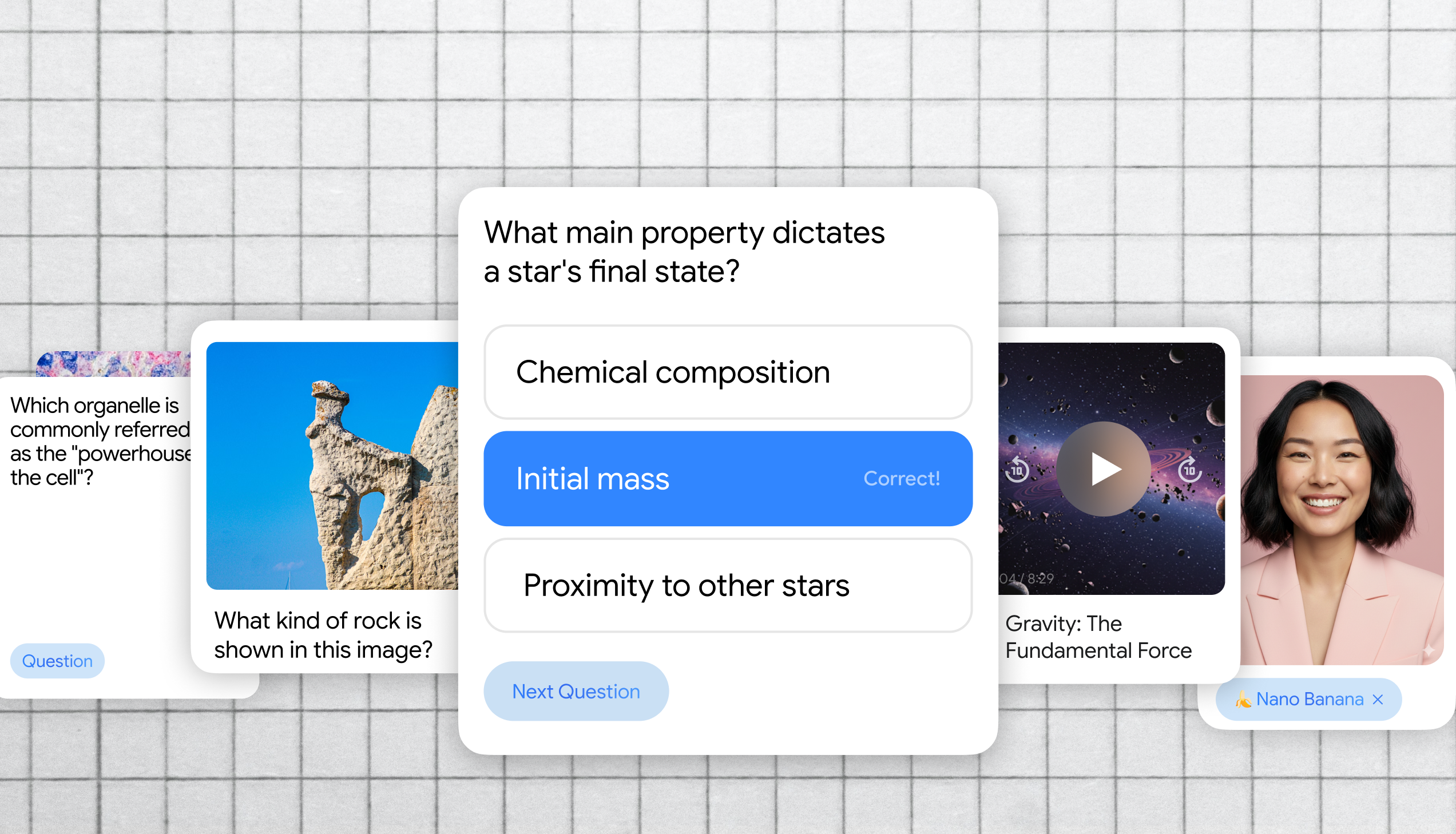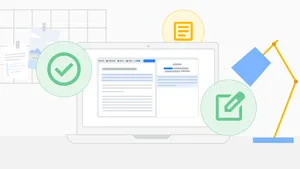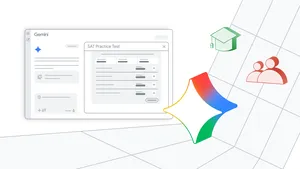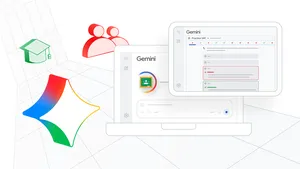Helping schools transform, together

Over the past few years we’ve had the privilege to work closely with thousands of schools that are seeking to improve and innovate with the help of technology. Every school is different, but we’ve heard a lot of common themes from educators: that change is hard; that change is about a whole lot more than just technology; and that obstacles are often similar across districts. School leaders face many of the same challenges and opportunities, but often have limited ways to share with — and learn from — each other.
That’s why we’ve created a new hub for school leaders to share ideas, resources, and stories: The Google for Education Transformation Center.
Defining the elements of school change
We worked alongside U.S. education leaders from across all 50 states to create a transformation framework that can help guide schools on their journeys to improve education through innovation and technology. As we talked with these leaders, they emphasized seven areas that are critical to consider when tackling the change process:
Vision - School change only happens when there is a strong vision at the start. When a school has a clear vision, it means the leader has ensured that the school and wider community are working together toward shared goals for the future.
Learning - School leaders empower their teams to create a set of instructional practices, curricula, assessments, and learning experiences that put students at the center - that engage learners deeply and meet their individual and collective needs.
Culture - Successful school leaders create structures, rituals, stories, and symbols that foster a culture of innovation and encourage people to learn from failure and success.
Technology - Technology is only one enabler of school change, but it's a critical part. School leaders find, test, and gain their team's support for the right technology (tools and processes) to meet the school’s vision.
Professional Development - Teachers have a lot on their plates. School leaders provide educators with effective professional development and ongoing coaching focused on applying tools and practices to meet student needs.
Funding & Sustainability - School leaders create a sustainable budget, identify a range of funding sources, and seek savings and reallocation opportunities that align directly to student goals.
Community - Schools serve diverse communities made up of parents, families, businesses, government, nonprofits, and residents. Throughout all stages of the transformation process, leaders ensure these partners support the school and the vision.
Successful school leaders considered all of these elements simultaneously. Michael Lubelfeld, Superintendent of Deerfield Public School District 109 said, “Narrow school improvement models don't work. At Deerfield we've adopted a much more holistic school improvement planning process that utilizes the power and collective capacity of student, staff, parent, and community voice."
Share what’s worked (and what hasn’t)
Change is often a gradual process, but we hope that helping school leaders share ideas will accelerate their school transformations. I’m excited we can provide a platform where they can learn from each other.
Nick Polyak, the Superintendent of Leyden High School District 212 in Illinois explained how important it has been for his district to learn from others. He said “There are great ideas and great programs all over the world. When we are willing to share and learn from one another, all of our students benefit. We have benefited from visiting other districts and adapting their programs for our schools.”
To continue to improve the Google for Education Transformation Center, we're asking you, our community of education leaders, to share your own resources. These might include stories (like how you worked with your team to develop a strong vision), templates (like your district’s schedule of teacher-led professional development), or ideas (like how you raised funds to get WiFi on school buses). We’ll work with educators to review submissions as we continue to build out the site. Submit by November 23rd to have your ideas considered for inclusion in an upcoming series of blog posts around our Education on Air online conference.
![[edu] transformation gif](https://storage.googleapis.com/gweb-uniblog-publish-prod/original_images/Transforming_v03_1.gif)






